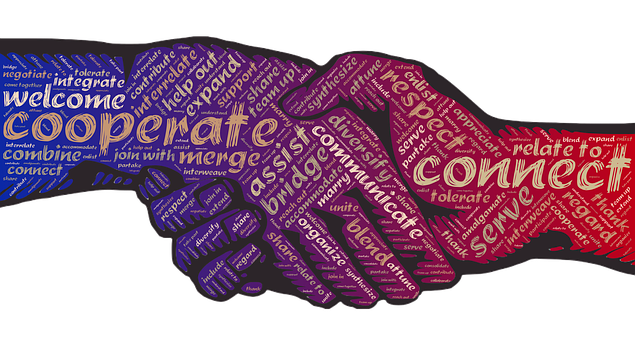Summary
Self-management is totally within reach for anyone who is consistent and seeking peace. It will be a continuous journey, but it is well worth the investment. As you work towards better self-management you will learn and discover parts of yourself you probably never knew were there.
Oxford dictionary refers to self management as the “management of or by oneself; the taking of responsibility for one’s own behavior and well-being.” It is the ability to regulate one’s emotions, thoughts, and behaviors effectively in different situations. As you can imagine this is an essential life skill to learn. Think about how you manage everyday stress. We all experience stress; however, we all don’t handle or process stress the same. Sometimes a situation can escalate and become too overwhelming and one might act irrational. These absurd outbursts can cause someone to lose sight of what’s important and jeopardize it all. Not only how you manage stress is a key factor, but your self motivation, ability to set goals, make choices, among other things. Let’s explore how you can improve self-management in your own life with 3 skills.

Skill 1: Self motivation & Time management
First let’s define procrastination as the action of delaying or postponing something. Many people have heard the saying “don’t put off til tomorrow what you can do today.” In Laymen’s term seize the day and make the most of each day. Instead of waiting until responsibilities pile up causing you to get frustrated, choose to handle your tasks into smaller pieces. There are several programs, but one in particular The 7 Habits of Highly Effective People states the importance of sorting your big rocks and small rocks. This is a must read for anyone that’s seeking self-improvement. There are several factors that could impede one’s ability to be self- motivated and utilize time wisely from an ADHD diagnosis, physical impairment, all the way to depression.
Although some people may face a challenge it is still possible to achieve better time-management and self motivation. It requires you to first be honest with yourself. If you are usually tardy for work because you are always rushing doing other tasks in the morning, prioritize what can be done the night before. Becoming better with time management may require you to get outside of your comfort zone and try new things. Maybe set a timer while you complete a task to keep you on track and focused. Self motivation may not start so self motivated. You may have to physically give yourself a reward to incentivize yourself in the beginning. Please understand the goal is to be SELF-MOTIVATED. When we constantly reward ourselves it causes your brain to expect instant gratification for everything, which can be tumultuous in the greater scheme of things.
Skill 2: Stress management
Even though we all experience stress, we all have various triggers. It is important to take notice of what grinds your gears or impacts your true happiness. In today’s society mental health is a hot topic.According to The American Institute of Stress, about 33 percent of people report feeling extreme stress, 77 percent of people experience stress that affects their physical health, 73 percent of people have stress that impacts their mental health, and 48 percent of people have trouble sleeping because of stress. Unfortunately these statistics aren’t getting better. The pandemic has been extremely tough on many Americans, and caused additional stress and frustration.
Some of the top stressors for Americans are money, work, family responsibilities, relationships, health issues, housing costs, personal safety, along with other things. There are a few common signs of stress which include: Irritability, anger, Fatigue, low energy, lack of motivation, anxiety, nervousness, headaches, indigestion, muscle tension, appetite changes. Moreover, some people may also experience sexual problems, weight changes, diarrhea or constipation, not to mention forgetfulness and lack of attention. As you’ve noticed stress can complicate many aspects of a person’s life. It is important to understand there are options available to help support.
Furthermore, it’s important to identify stress early on and seek treatment. Reducing stress is possible. A few helpful tips would be to Identify your triggers,
get plenty of sleep and exercise, practice relaxation skills, set goals, establish priorities, spend time with people you love. Reducing stress alone can seem overwhelming, so do your best to have a support system to lean on. There are several programs to help with the reduction of stress.
Skill 3: Decision and goal making
Setting goals and making decisions are extremely critical to ensure progress is being made in your life. As you go through life take time to reflect on your life. What is going well? What can be improved? As you analyze what needs to be worked on, start to develop a plan. Having a solid plan is important. You don’t want to be too impulsive and make haste choice in the heat of the moment. All of your choices come with consequences, some positive and some negative. Ultimately you can influence the outcome with a few steps.
1 – Identify the Goal or Problem that Requires a Decision
2 – Gather Information and Alternatives Associated With Choices
3 – Make Your Decision
4 – Put Your Decision into Action and Evaluate
Self-management is totally within reach for anyone who is consistent and seeking peace. It will be a continuous journey, but it is well worth the investment. As you work towards better self-management you will learn and discover parts of yourself you probably never knew were there.

